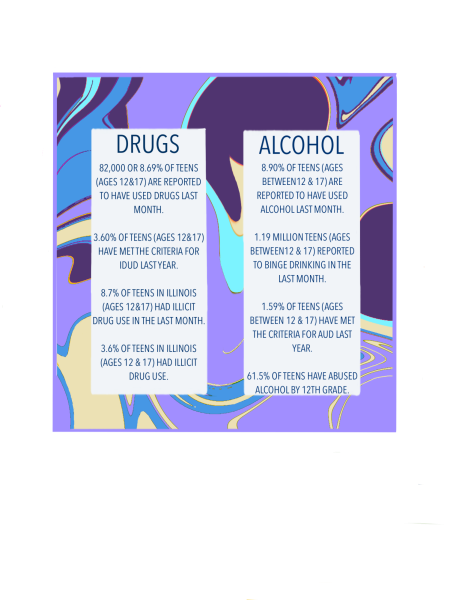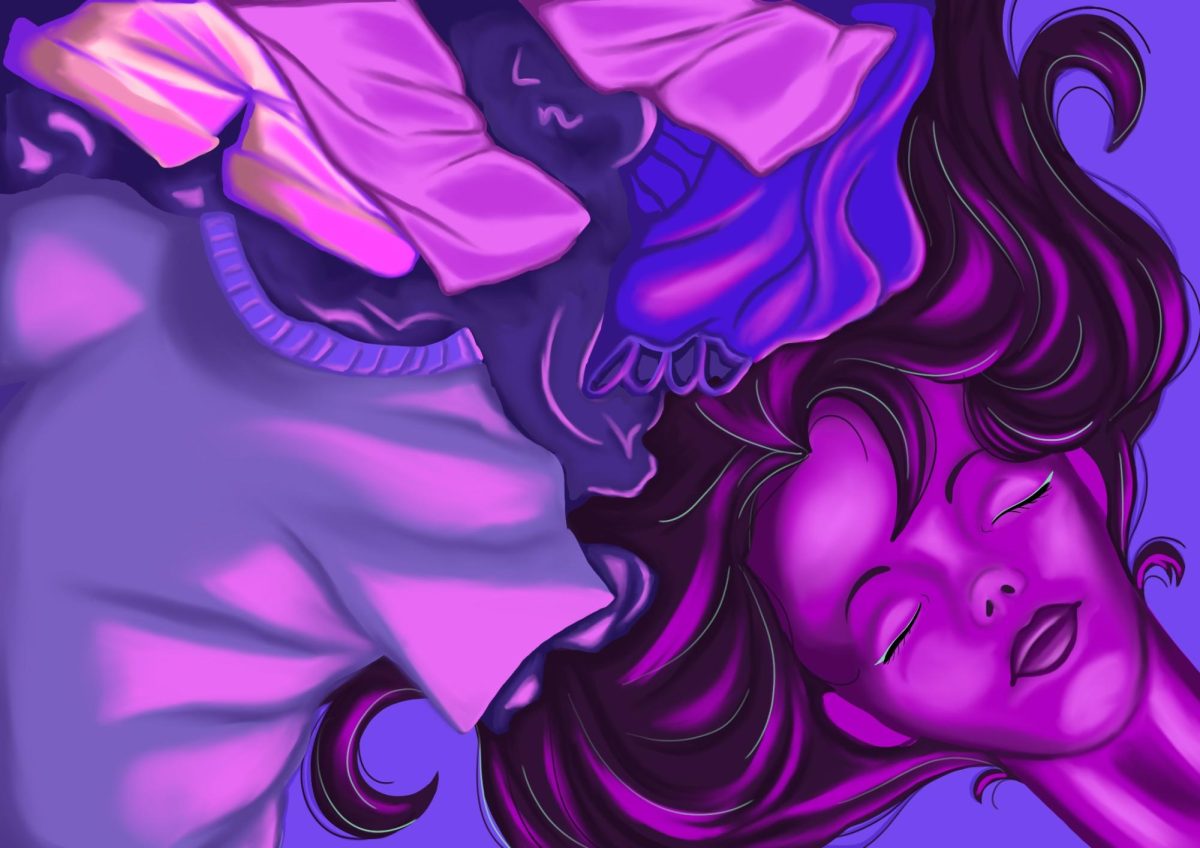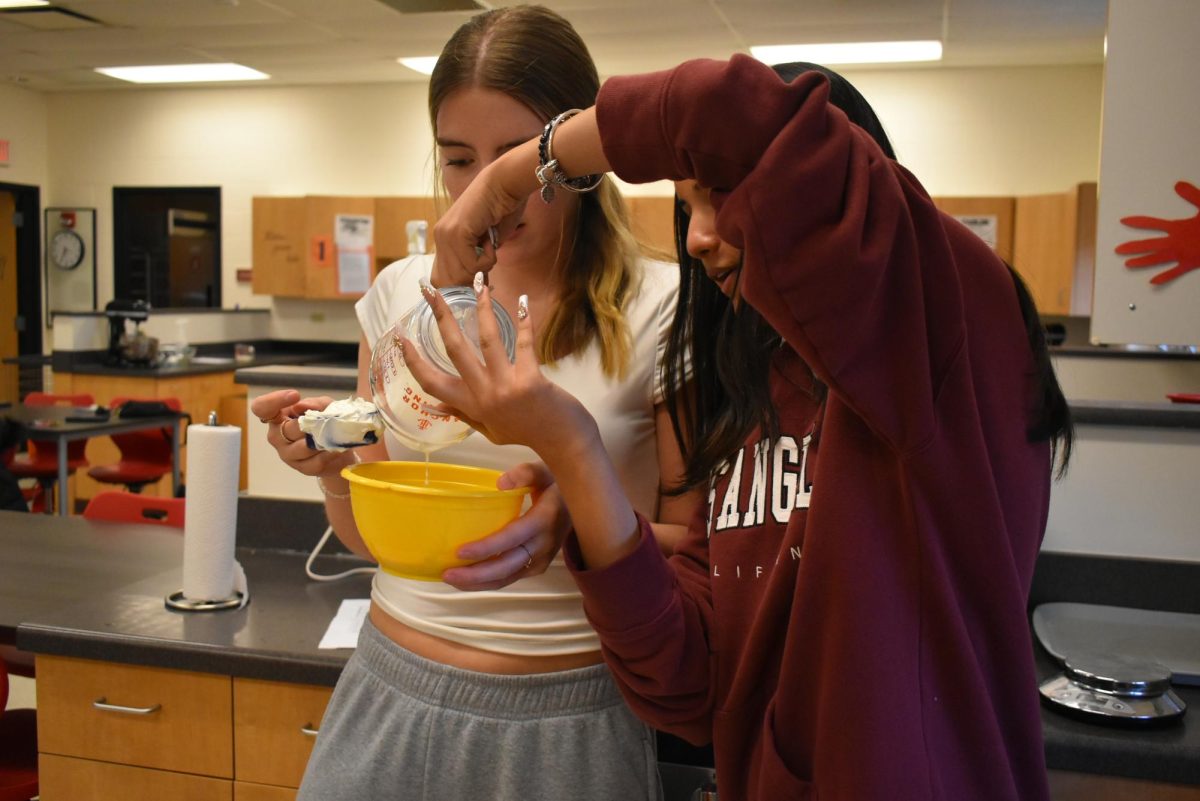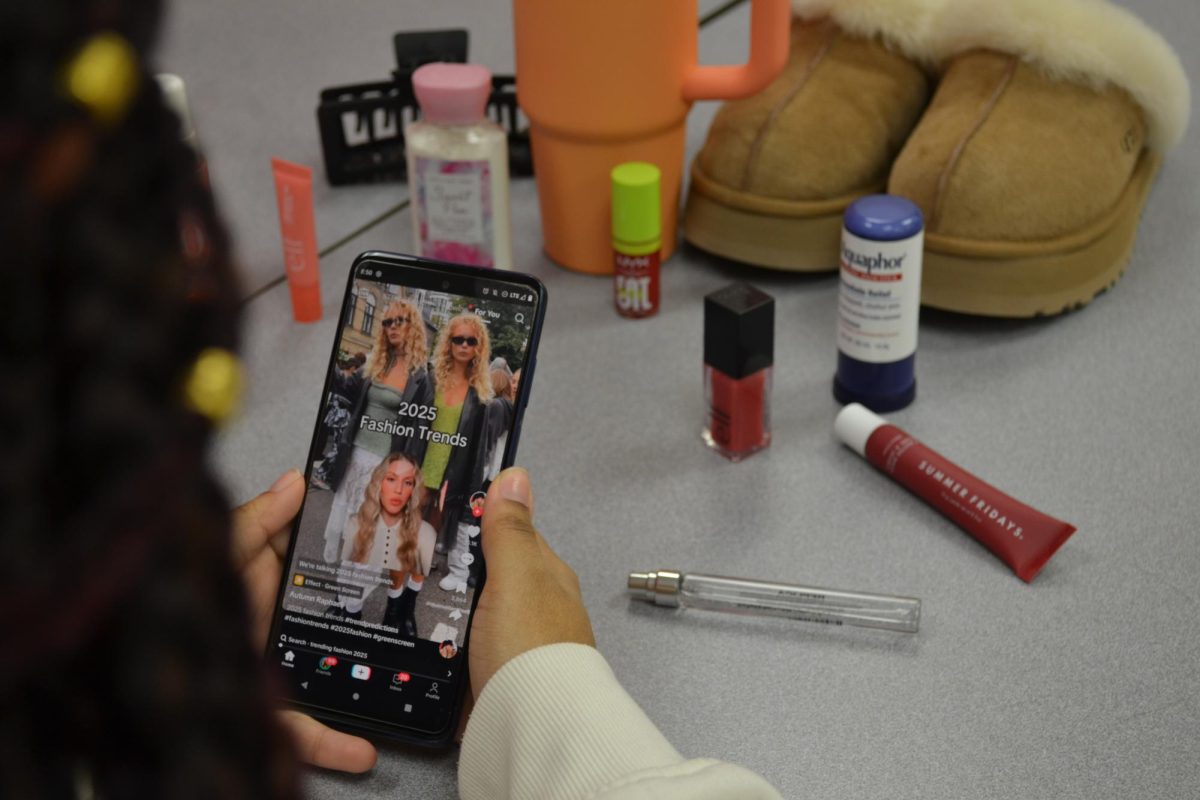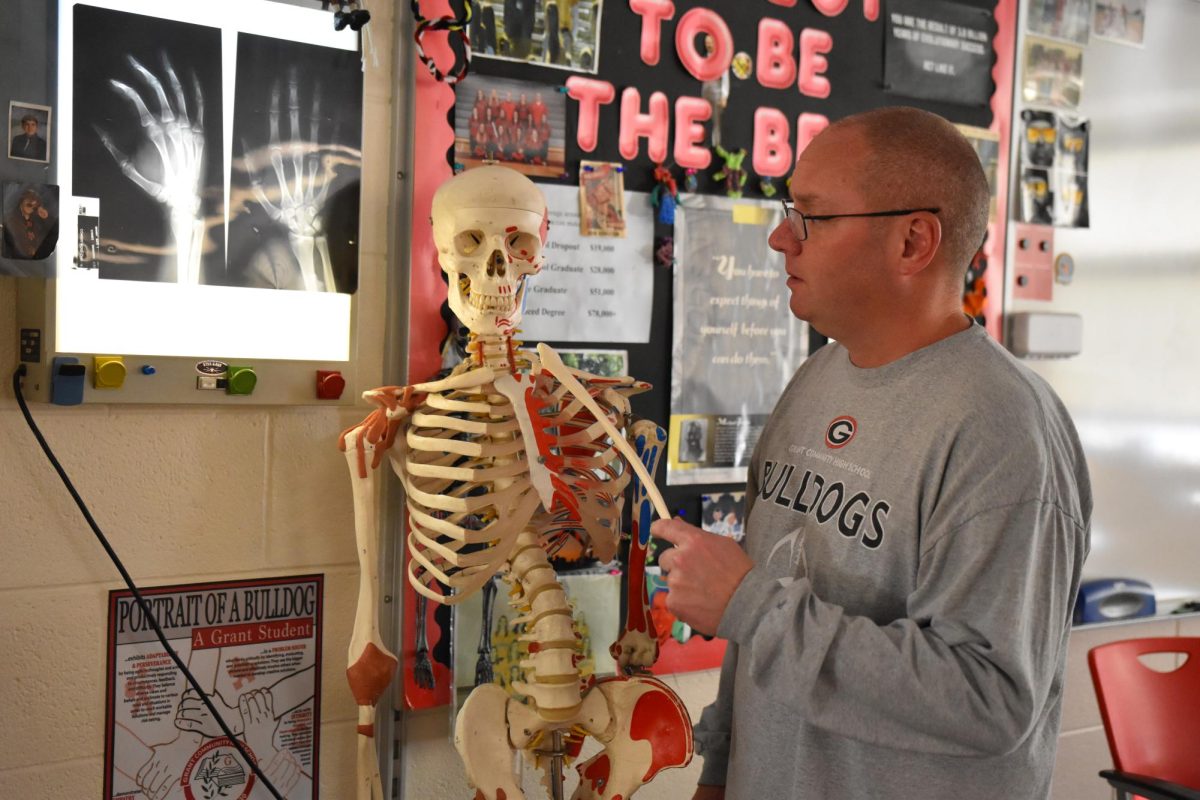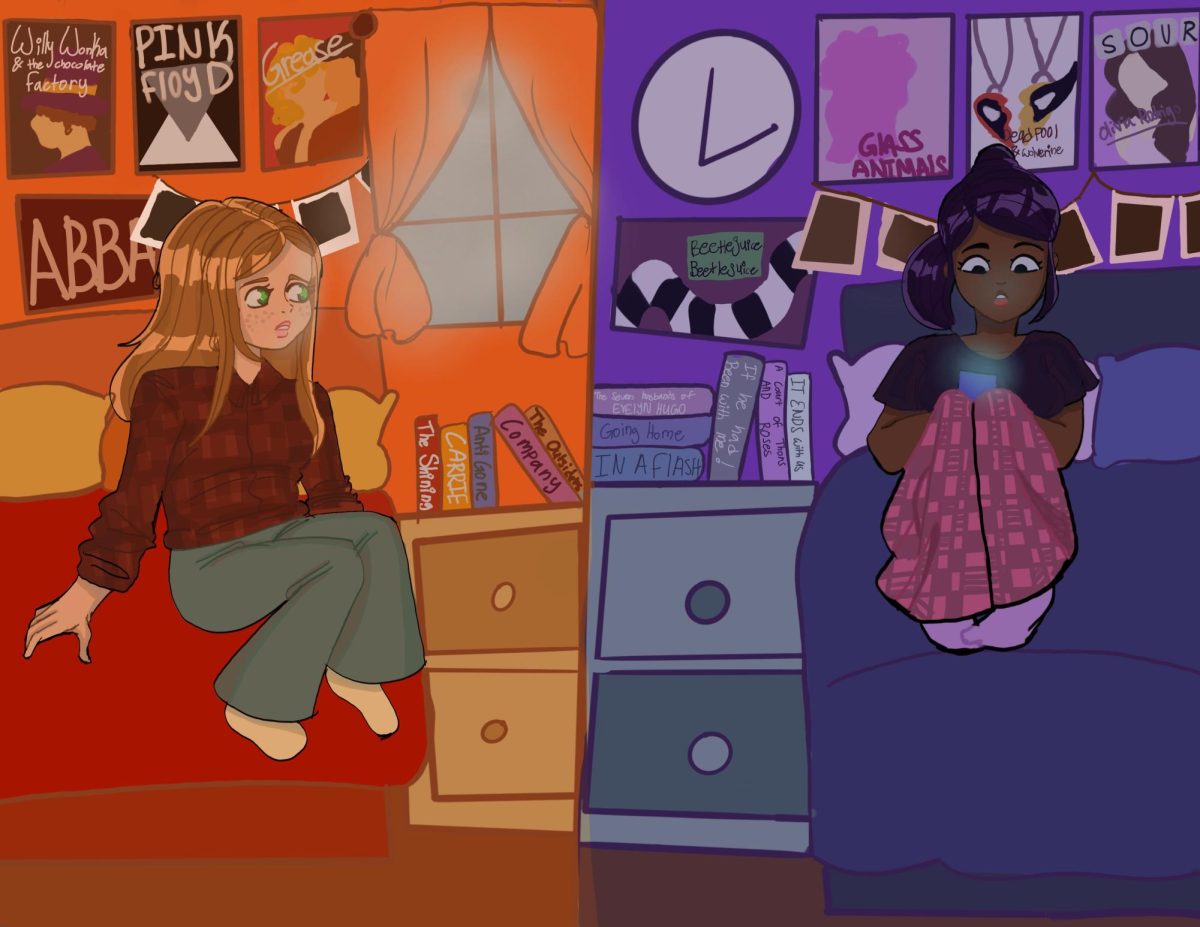Teenage drinking and drug abuse is very common, especially in Lake County. Within the months of September and November, there have been 16 deaths due to drug usage. According to the Center for Disease Control, in this year alone, there have been 688 fatal deaths and injuries in Lake County. 84% of overdoses stem from teens buying drugs unknowingly laced with fentanyl from an unlicensed seller. The official Lake County Scanner gives inside information about the drug. “Fentanyl is a potent and highly lethal synthetic opioid and continues to be found in various illicit drugs in the county.” As a response to the number of people unknowingly consuming Fentanyl laced drugs, the Lake County Health Department has installed free-to-the-public vending machines that contain fentanyl test strips.They can be found at the McHenry County College, The Other Side Café, Sober Bar, the Community Health Partnership Clinic in Harvard, and the Family Center of McHenry County. The McHenry County
Family Center of McHenry County. The McHenry County Department of Health also offers other supplies, like naloxone nasal spray to help reverse an overdose, to walk-ins Monday through Friday from 8 a.m. to 4:30 p.m. at its Woodstock location 2200 North Seminary Avenue, Building A, and its Crystal Lake location, 100 North Virginia Street.
The health departments’ interventions are a further testament to the aggressive rise in drug abuse, the numbers increasing from 34% in 2020 to 44.1% in 2022. In correlation to the rise in drug abuse, excessive consumption of alcohol has also been on the rise. As early as the pandemic started, reports have suggested that the overall population of alcohol consumption in the United States has increased. Leading to more heavy drinking every day and a higher percentage of alcohol consumption at the individual level. Some reasons why alcohol consumption has increased through the years, according to Grossman, Benjamin-Neelon, & Sonnenschein, 2020; Weerakoon, Jetelina, Knell, & Messiah, 2021, are boredom, a decrease in unemployment, more free time, and high stress level rates. Now with the consumption of alcohol increasing, the sales too are increasing, now at a 34% rate. The National Library of Medicine has been recording surveys since early COVID-19 regarding alcohol consumption. ‘March to September 2020 saw a 27% decrease in on-premises alcohol sales and a 20% increase in off-premises sales, suggesting a shift from bar consumption to home drinking.” Compared with all other causes of death, which increased by 16%, alcohol-related deaths increased at a higher rate of 25%. The Illinois Student Survey has reported that grades 8th-12th have 44% alcohol usage as their drug of choice with marijuana in a close second with 23%.
What teens aren’t comprehending is the real damage that comes consequently with underage drinking. According to the Illinois Police Department, teens caught illegally transferring alcohol will get charged $1,000. First offense – the license will be suspended. Second offense – the license will be completely revoked. Beyond the social impact of being dependent on parents or friends to provide transportation, the loss of a license can have a financial impact preventing transportation to and from job shifts.
Although the fines are a temporary consequence of the drinking problem, the changes alcohol makes to your brain have a forever effect. Mrs. Bilbrey, a health teacher here at GCHS, explains how addiction can start. “Teens start using drugs and alcohol mostly for curiosity.” Teens are more likely to look at the social credit of using drugs instead of the negative effects they cause on the brain. Little do they know, these habits will carry throughout their whole life. A young brain is the most vulnerable state your brain will ever be in. Your brain creates something called dopamine which gives you the feeling of pleasure, satisfaction, and motivation. When you start drugs they start to take over the dopamine process. Your brain becomes dependent on a drug, and after a while of being addicted, your brain forgets how to create that original dopamine. 21.9% of drug users in Illinois overdose a year due to the sharp change in dopamine activity in the brain.
As all of society knows, COVID-19 has impacted the way people live for the rest of their lives. Constantly worrying about whether our common cold is COVID-19, pondering if it is safe to still go outside after all these years, and even not wanting to stand close to people. While researching National Institutes of Health reports, it states how “Many people struggled with their mental health during the first year of the COVID-19 pandemic. As a result, behaviors like alcohol consumption increased during that time.” Teens who started addictive habits during COVID-19 are reported that they still are using substances. Some children may have had more pre-pandemic vulnerability to substance use during the pandemic. If you are a teen in need of help, call now: 1-800-662-4357. You are not struggling alone, there will always be someone there to help you through your addiction.

